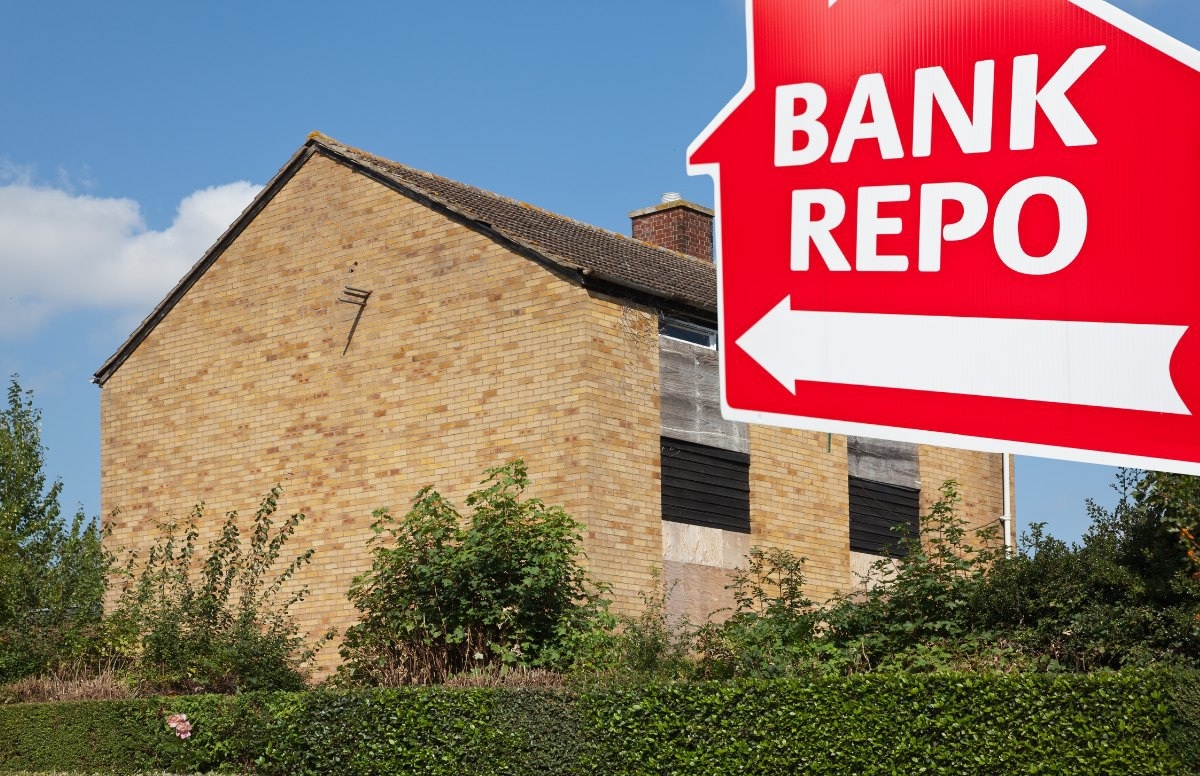Lake Properties Lake Properties
What to Expect During a Home Valuation in Cape Town
If you’re selling, refinancing, or simply trying to understand what your property is really worth, a home valuation is a critical first step. In Cape Town’s competitive property market, pricing a home correctly can mean the difference between a quick sale and months of frustration.
Here’s exactly what to expect during a home valuation in Cape Town, and why it matters more than most sellers realise.
What Is a Home Valuation?
A home valuation is an informed assessment of your property’s current market value, based on recent sales, location, condition, and demand in your specific area.
In most cases, sellers start with a comparative market analysis (CMA) done by an estate agent. This is different from a bank or legal valuation but is highly effective for setting a realistic asking price when selling a home.
Step 1: Initial Information Gathering
Before the valuation takes place, the estate agent or valuer will ask for key details, including:
- Property address and suburb
- Erf size and building size
- Number of bedrooms and bathrooms
- Any renovations or improvements
- Age of the property
This information helps narrow down comparable sales and prepares the agent to assess your home accurately.
Step 2: The Property Inspection
During the valuation visit, the agent will physically inspect your home. This is not a superficial walk-through.
They will look at:
- Overall condition of the property
- Quality of finishes and maintenance
- Room sizes and layout
- Natural light and flow
- Outdoor areas, parking, and security features
In Cape Town, factors like views, orientation, wind exposure, and privacy can significantly influence value, especially in coastal or elevated suburbs.
Step 3: Location and Market Analysis
Location remains one of the strongest drivers of property value.
The valuation will factor in:
- Recent property sales in your suburb
- Buyer demand in your price bracket
- Proximity to schools, transport, and amenities
- Neighbourhood reputation and growth trends
A home in average condition can outperform a renovated one if it’s priced correctly and located in a high-demand pocket.
Step 4: Comparing Your Home to Recent Sales
This is where emotion is removed from the equation.
Your property is compared to recently sold homes, not current listings. Asking prices don’t matter — sold prices do.
Adjustments are made for:
- Size differences
- Renovations or lack thereof
- Garages, pools, and extras
- Condition relative to other sales
This step determines a realistic market value, not an inflated figure designed to impress.
Step 5: Receiving the Valuation Feedback
Once the analysis is complete, you’ll receive a valuation range or recommended asking price.
A professional estate agent will explain:
- Where your home sits in the market
- What price will attract serious buyers
- How long a sale may realistically take at that price
If you’re planning to sell, this guidance is more valuable than chasing the highest number.
Why Accurate Valuation Matters in Cape Town
Overpricing is one of the biggest mistakes sellers make. In Cape Town’s market:
- Overpriced homes sit unsold
- Buyers negotiate harder once a property becomes stale
- Price reductions often lead to lower final offers
A well-priced home attracts multiple buyers early — when leverage is strongest.
Lake Properties Pro-Tip
A valuation is not about what you need or hope to get — it’s about what buyers are willing to pay right now.
At Lake Properties, we base our valuations on real Cape Town sales data, not guesswork or inflated promises. Correct pricing from day one protects your value, shortens your selling time, and puts you in control of the negotiation
Call to Action
Ready to explore the best investment opportunities in Cape Town?
Contact Lake Properties today and let our experts guide you to your ideal property.
If you know of anyone who is thinking of selling or buying property,please call me
Russell
Lake Properties
ww.lakeproperties.co.za
info@lakeproperties.co.za
083 624 7129


















